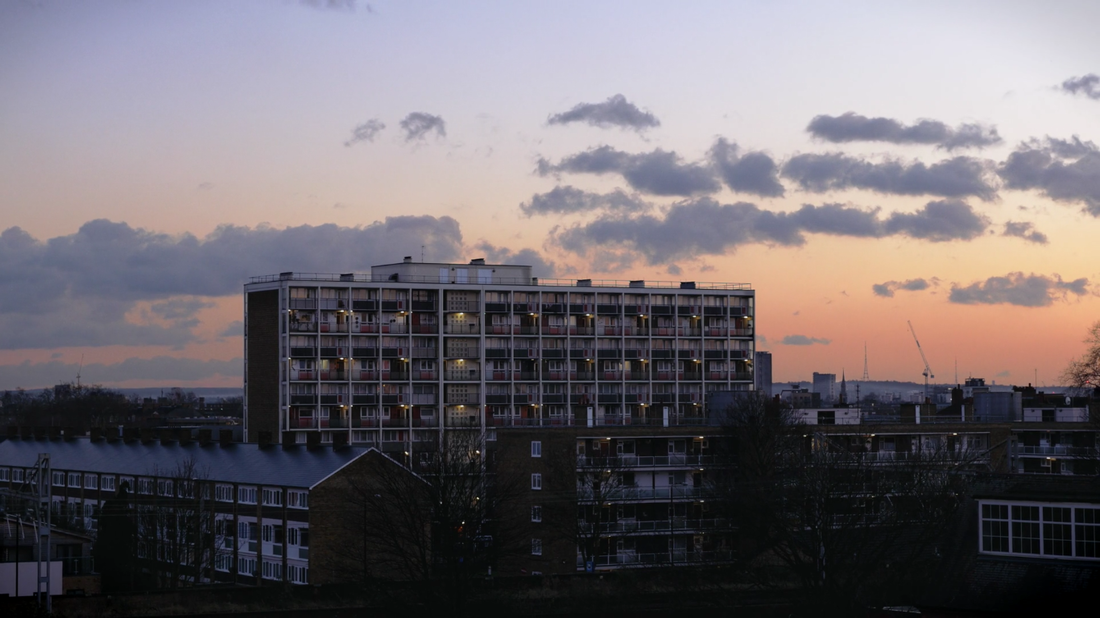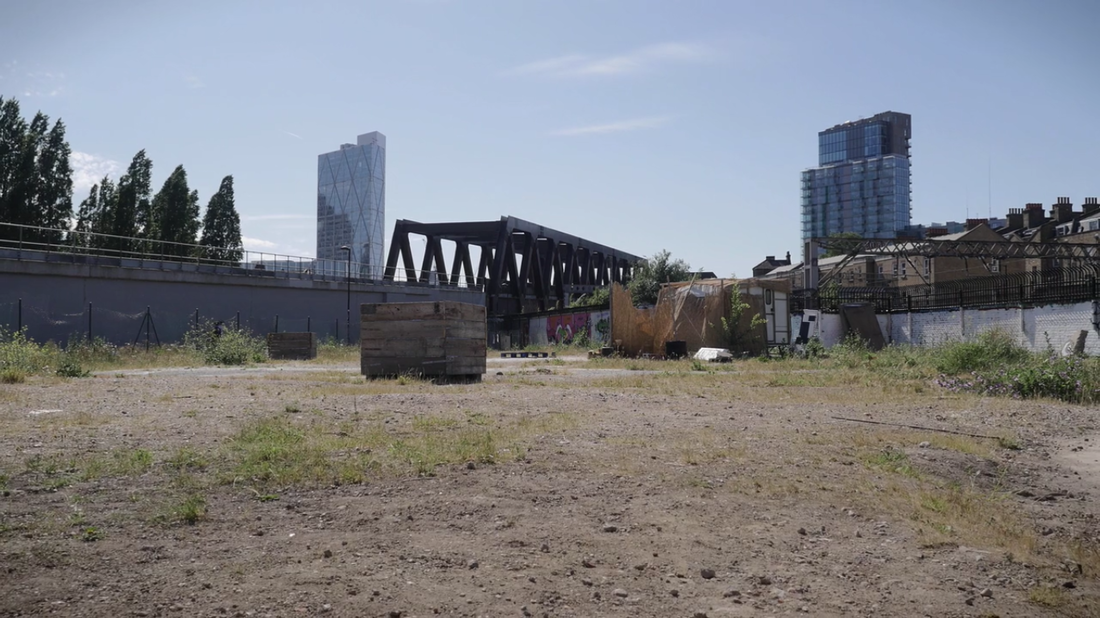Core Partnership Benefits
Our gardens offer core partnership benefits to developer and community. For landowners we:
- Save money on costly land sheriffs.
- Help demonstrate to local councillors on planning forums a legitimate way of offsetting the potential impact the development might have on the area.
- Create a substantial and sustainable ‘conduit’ between developers and residents.
- Provide great opportunity for publicity, P.R and exercising corporate responsibility.
- Offer the potential to inspire staff participation in the project
The use of spaces in the meanwhile time period for community projects is a burgeoning trend. There are a number of projects across London using space in this way, for example:
Tower Hamlets, the borough we currently operate in, has included us in their ‘Green Grid Strategy’ a way of enhancing the area so residents may ‘enjoy the local environment’ and to assist in ‘tackling climate change, enhancing biodiversity’ and ‘promoting regeneration and healthy living.’
Leaders in the field of geography such as Franklin Ginn, lecturer in Human Geography at the School of GeoSciences, University of Edinburgh and Robert A Francis, senior lecturer at the Department of Geography, King's College London, mentioned in page eight of their report ‘Urban Greening and Sustaining Urban Natures in London’ that “given the relatively limited options for expanding green space in London or restoring the built environment to high-quality green space, a diffuse ‘green infrastructure’ may offer new possibilities to ensure persistence of both species and ecological processes within the city.”
In addition to ecological benefits, these types of space have significant cultural and communal impacts on the local area. With tensions high due to the recent terrorist attacks and the ongoing densification of our cities (according to a report by Duncan Smith for the BBC, Tower Hamlets’ population is expected to rise by 101,000 in twenty years) — it’s more important now than ever to create spaces where people can come together to interact.
And it’s not just good for the residents who get to utilise the space, in a recent article by the Sustainable Business Toolkit, "organisations such as Unilever haven’t simply been championing sustainable business as a form of corporate philanthropy. Since implementing their Sustainable Living Plan, they have seen increases in growth and profits. Quite simply, doing good is good for business". Essentially, “Whilst profit may be the end goal for any business, responsible businesses have managed to attract more investors, reduced their risks and addressed stakeholder concerns.” Lastly, “It’s also clear that CSR isn’t a cynical marketing ploy for big businesses; there are tangible benefits to be had by all.”
- The King’s Cross Skip Garden
- Mobile Garden City
- Save The Date in Dalston
- The Dalston Curve Garden
- Mobile Gardeners
Tower Hamlets, the borough we currently operate in, has included us in their ‘Green Grid Strategy’ a way of enhancing the area so residents may ‘enjoy the local environment’ and to assist in ‘tackling climate change, enhancing biodiversity’ and ‘promoting regeneration and healthy living.’
Leaders in the field of geography such as Franklin Ginn, lecturer in Human Geography at the School of GeoSciences, University of Edinburgh and Robert A Francis, senior lecturer at the Department of Geography, King's College London, mentioned in page eight of their report ‘Urban Greening and Sustaining Urban Natures in London’ that “given the relatively limited options for expanding green space in London or restoring the built environment to high-quality green space, a diffuse ‘green infrastructure’ may offer new possibilities to ensure persistence of both species and ecological processes within the city.”
In addition to ecological benefits, these types of space have significant cultural and communal impacts on the local area. With tensions high due to the recent terrorist attacks and the ongoing densification of our cities (according to a report by Duncan Smith for the BBC, Tower Hamlets’ population is expected to rise by 101,000 in twenty years) — it’s more important now than ever to create spaces where people can come together to interact.
And it’s not just good for the residents who get to utilise the space, in a recent article by the Sustainable Business Toolkit, "organisations such as Unilever haven’t simply been championing sustainable business as a form of corporate philanthropy. Since implementing their Sustainable Living Plan, they have seen increases in growth and profits. Quite simply, doing good is good for business". Essentially, “Whilst profit may be the end goal for any business, responsible businesses have managed to attract more investors, reduced their risks and addressed stakeholder concerns.” Lastly, “It’s also clear that CSR isn’t a cynical marketing ploy for big businesses; there are tangible benefits to be had by all.”
Download our Marketing Brochure
| Nomadic Community Gardens Marketing Brochure |


